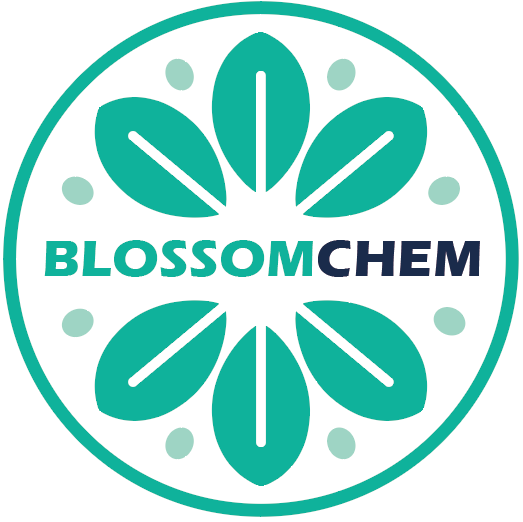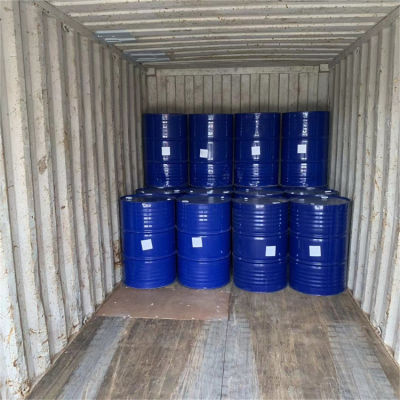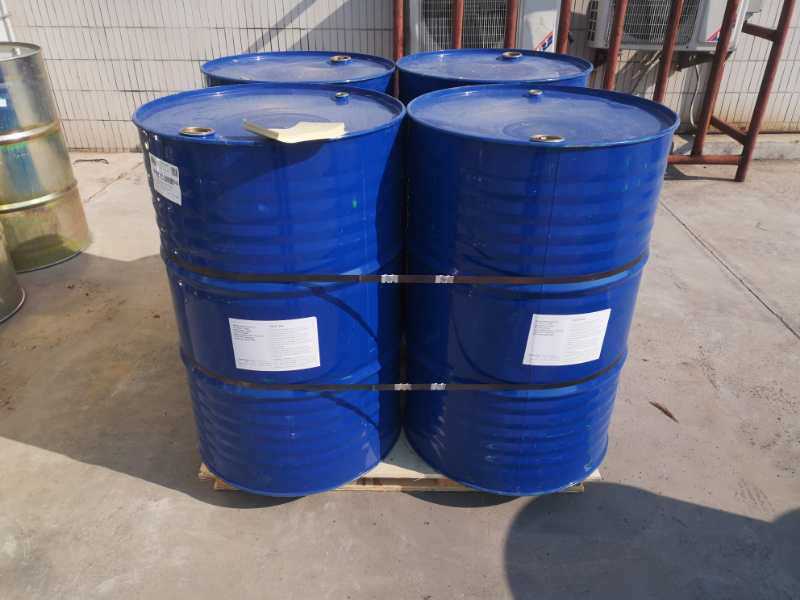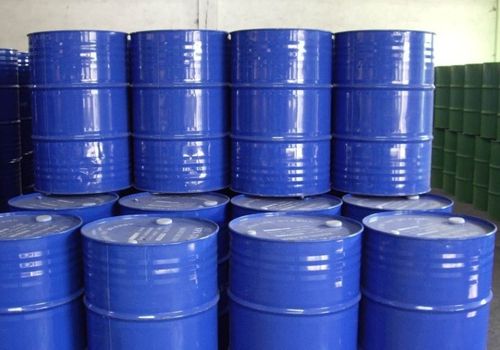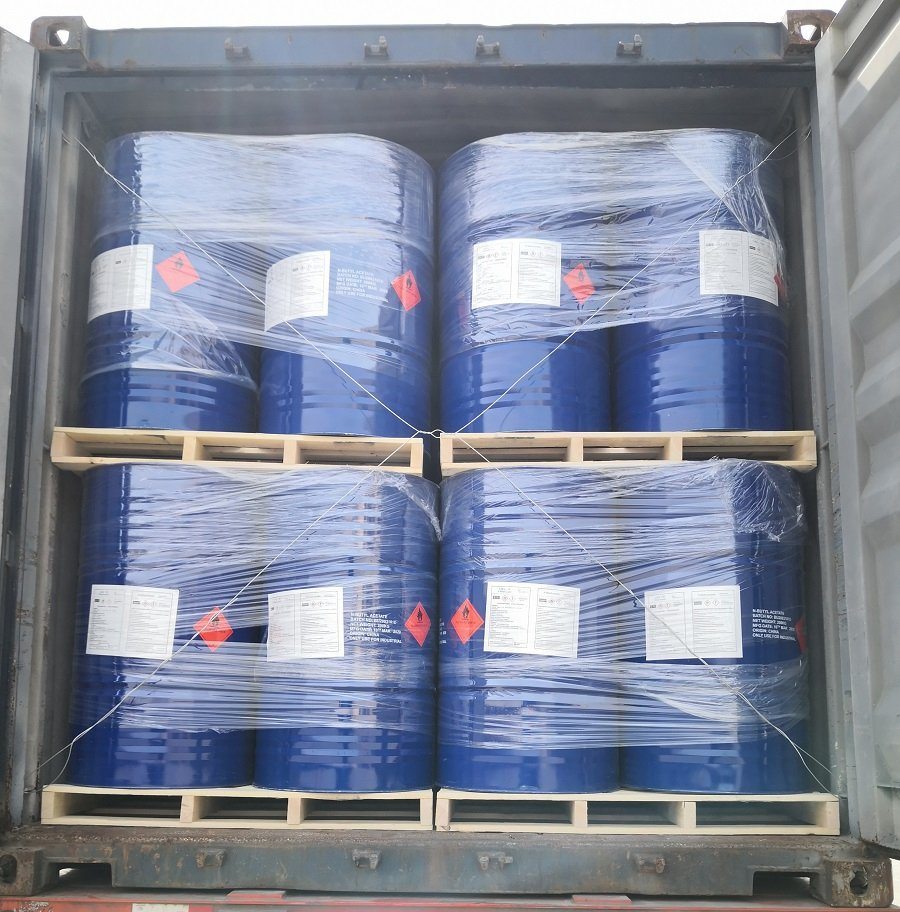Polyether Polyol
Classification: TPU raw material
Product introduction:**Polyether polyol** is a type of polymer that contains multiple hydroxyl (OH) functional groups, commonly used in the production of polyurethane (PU) materials. It is typically synthesized through the reaction of epoxides (such as ethylene oxide or propylene oxide) with polyols.### Main Uses:1. **P
Product details
**Polyether polyol** is a type of polymer that contains multiple hydroxyl (OH) functional groups, commonly used in the production of polyurethane (PU) materials. It is typically synthesized through the reaction of epoxides (such as ethylene oxide or propylene oxide) with polyols.
### Main Uses:
1. **Polyurethane Foams**: Widely used in the production of flexible and rigid foams for furniture, automotive seating, and building materials.
2. **Coatings and Sealants**: Used to manufacture polyurethane coatings, sealants, and adhesives.
3. **Elastomers**: Employed in the production of polyurethane elastomers that are elastic and abrasion-resistant.
4. **Synthetic Materials**: Serves as a raw material for synthetic products in footwear, textiles, and more.
### Common Grades:
Polyether polyols are categorized based on molecular weight, hydroxyl number, and structural characteristics. Common grades include:
1. **Polyether Polyols** (e.g., Polyether polyol 2000, Polyether polyol 3000, etc.) — differentiated by molecular weight.
2. **Different Hydroxyl Numbers** (e.g., diols, triols, etc.) — based on varying hydroxyl functionality.
3. **Specialty Grades** — formulated for specific applications, such as low-temperature foams or flame-retardant polyethers.
